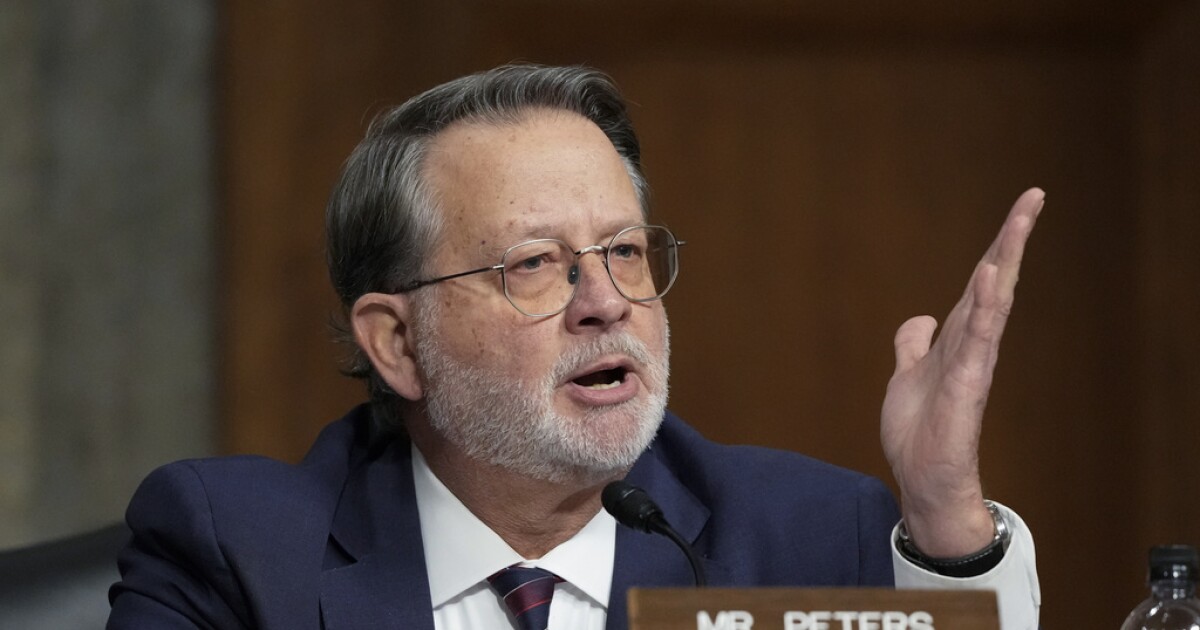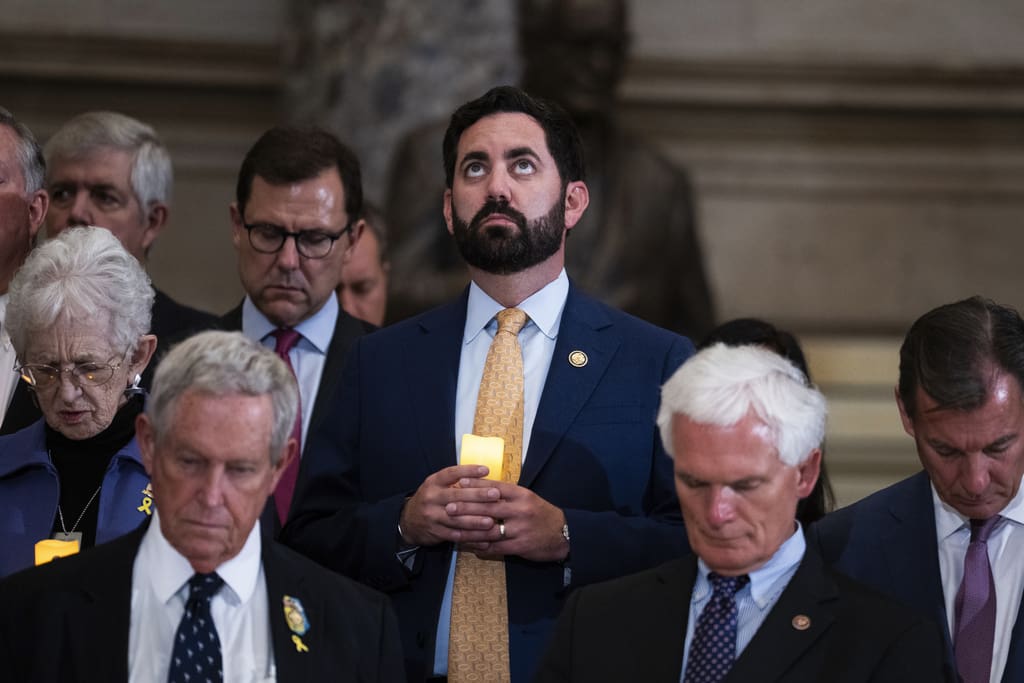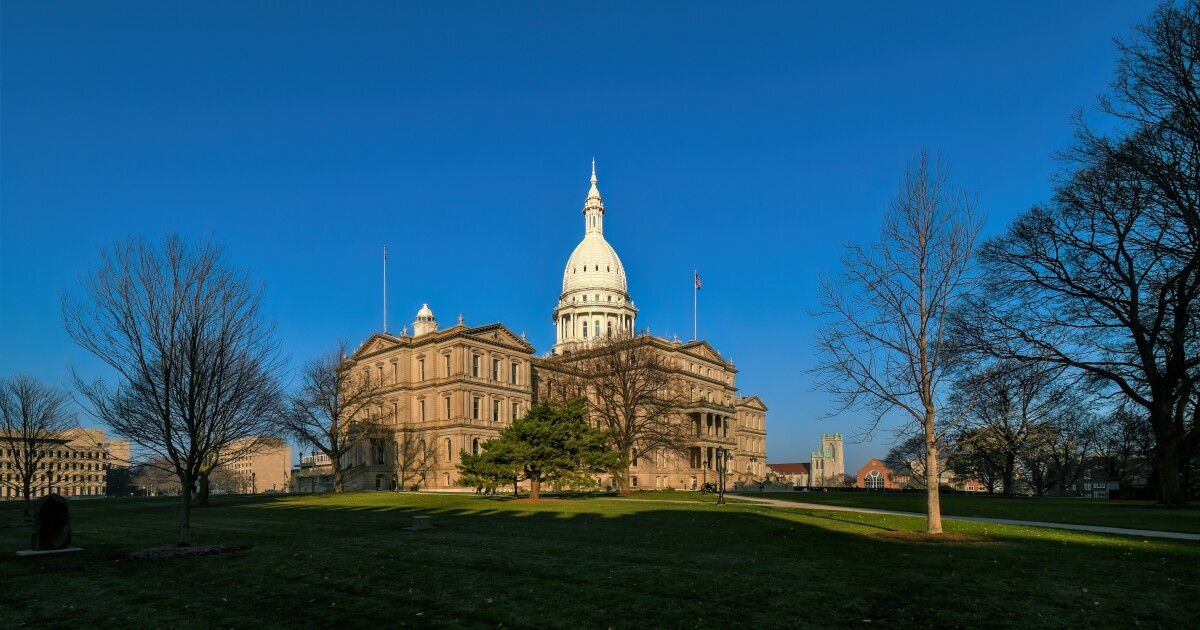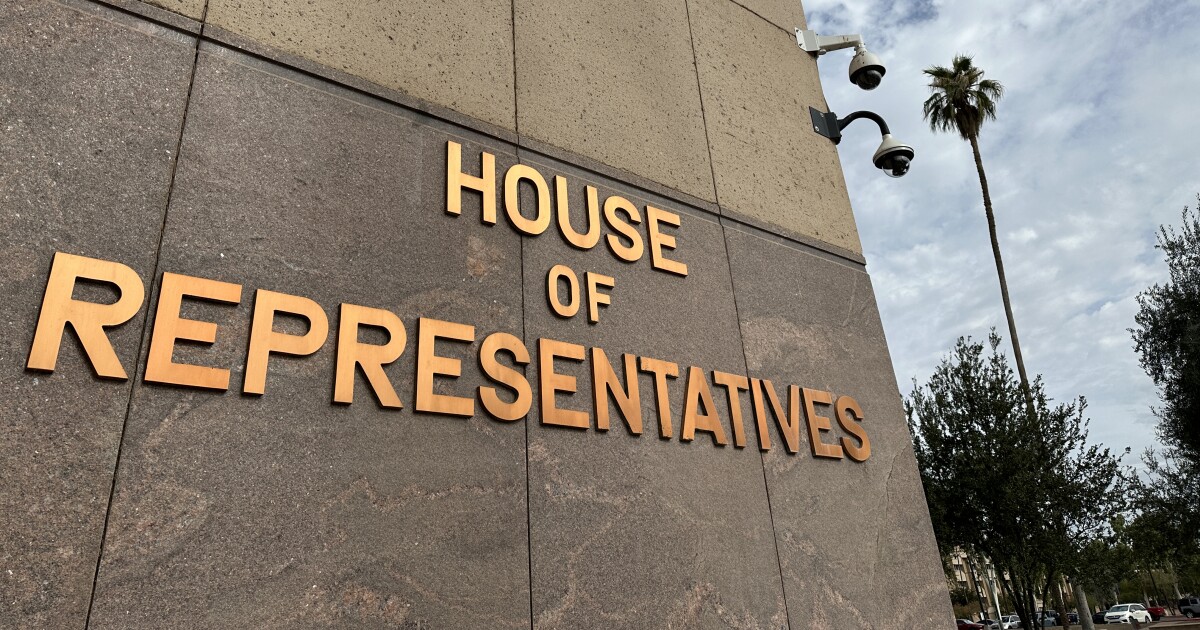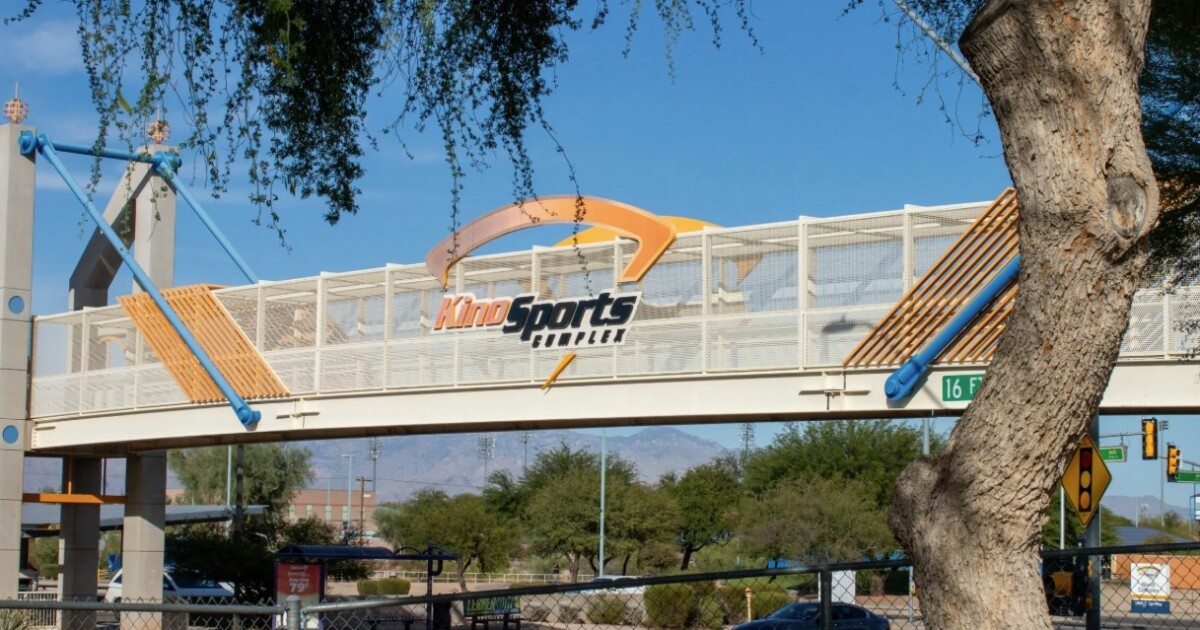Michigan Budget Allocates $1.1 Billion for Road Repairs Amid Controversial Funding Approaches
In a late-night decision, Michigan legislators approved a state budget that includes an additional $1.1 billion dedicated to road maintenance and repairs. While this funding aims to address longstanding infrastructure concerns, the methods of securing it have sparked significant debate.
The road repair funding stems from a combination of budget cuts and new revenue sources, each facing its own set of challenges and criticisms. One of the main components involves a proposal to increase the fuel tax by $0.51 next year, with subsequent adjustments linked to inflation. To counterbalance this increase, the state plans to eliminate the sales tax on gasoline.
However, education groups have raised objections, as the sales tax revenue traditionally supports school funding. To mitigate these concerns, State Senator Darrin Camilleri (D-Trenton) assured that schools would be prioritized for other sales tax revenue, ensuring their financial needs are met. “We do have the hold harmless language that we feel is strong and will hold,” Camilleri stated, emphasizing the commitment to school funding.
In another financial move, the state will retain its current corporate tax rate, diverging from federal adjustments. This decision aims to prevent the state from losing significant revenue, a potential risk highlighted by an analysis from the non-partisan House Fiscal Agency. State Senator Jonathan Lindsey (R-Coldwater) opposed this measure, arguing against limiting business tax cuts, which he believes could hinder Michigan’s competitiveness.
Additionally, a new 24% wholesale tax on marijuana is part of the budget strategy. This measure has faced strong opposition from the cannabis industry, with advocates expressing fears that the tax will be transferred to consumers, potentially driving them back to illegal markets. Seth Miller, who operates a cannabis facility, warned that the tax could decrease overall sales and, consequently, tax revenue.
The marijuana tax legislation narrowly passed in the state Senate after extensive deliberation, with bipartisan support and opposition. House Speaker Matt Hall (R-Richland Twp) described the overall road funding package as a compromise with Senate Majority Leader Winnie Brinks (D-Grand Rapids), stating, “We took her revenue. We took our cuts to waste, fraud and abuse. And we dedicate it all to roads.”
Despite its passage, the marijuana tax remains contentious. Concerns persist about its impact on the legal market and industry viability. Camilleri, who supported the legislation, acknowledged it was not an ideal solution and suggested that alternative revenue sources could be explored before the tax takes effect in January.
The future of these funding strategies and their long-term effects on Michigan’s roads, education, and cannabis industry remain uncertain, leaving room for further discussion and potential adjustments.
—
Read More Michigan News


